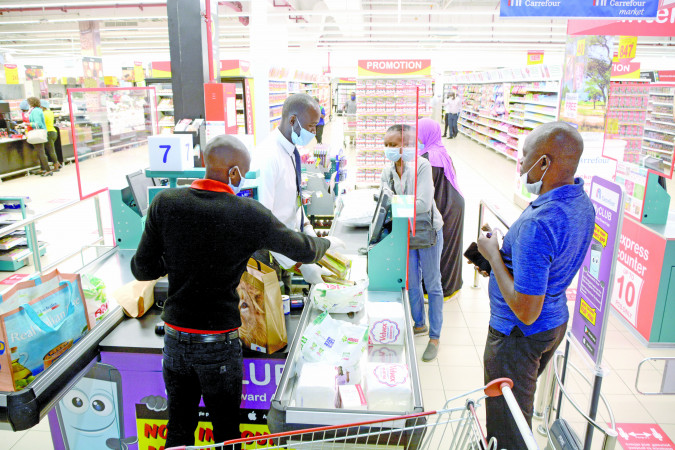Rising concerns on inflation put sharp focus on MPC meet

Consumers and investors alike will be zeroing in on the Central Bank’s Monetary Policy Meeting (MPC) next week amid concerns about the rising cost of basic commodities that has driven inflation to an eight-year high.
The prices of key food items like maize flour, milk and wheat products have jumped considerably in the last few months, straining the majority of households that are still reeling from the economic hardships left by the Covid-19 plague.
Consumer inflation quickened for the fourth consecutive month, hitting a high of 6.5 per cent in April, up from 5.6 per cent in March with the Kenya National Bureau of Statistics (KNBS) noting that such a rise was the highest seen for more than eight years.
Ahead of the crucial Monday meeting, a research communication by the Kenya Bankers’ Centre for Research on Financial Markets and Policy, has urged for a hard-nosed resolution by the officials at the country’s apex bank to address the inflationary pressures, albeit with restraint.
“Inflationary expectations are not well anchored. There is a need to tighten monetary policy stance to rein in inflationary expectations and support macroeconomic stability in the near-to-medium term,” it noted.
MPC’s base rate is unlikely to change for the remainder of the year, but given the need to stimulate economic growth which is projected to slacken this year on high fuel prices and the looming August polls, MPC will be riddled with how it balances between stirring the economic recovery policies while also remaining ‘faithful’ to the worried Wanjiku.
On Tuesday, for instance, Kenyan lawmakers yielded to public pressure and shot down many proposals by the National Treasury that would have seen a further rise in the cost of living.
Finance Bill
Proposals in the Finance Bill 2022 had suggested among other scoffs an increase in value-added tax on maize and wheat flour, which are primary meals consumed in many households.
Inflation – which is the rate at which the value of a currency is falling and, consequently, the general level of prices for goods and services is rising, has continued to build upon account of rising oil prices triggered by the ongoing Russia-Ukraine war and its direct impact of a weaker currency via imported inflation.
The Shilling against the US dollar exchange rate transacted at Sh116.47 at the close of NSE -trading yesterday in what has been a consistent but perturbing dip in its value against major currencies.
For now, it appears, that some analysts are coming around to the MPC’s way of thinking on inflation.















